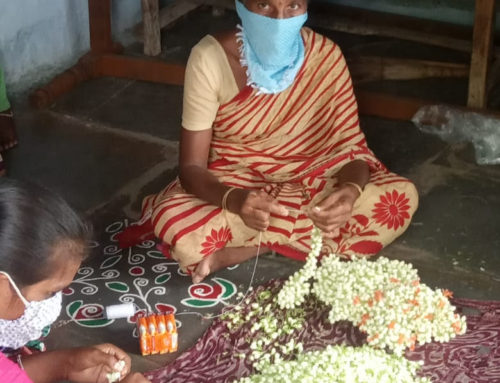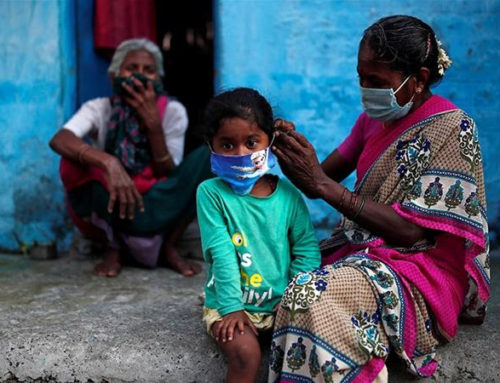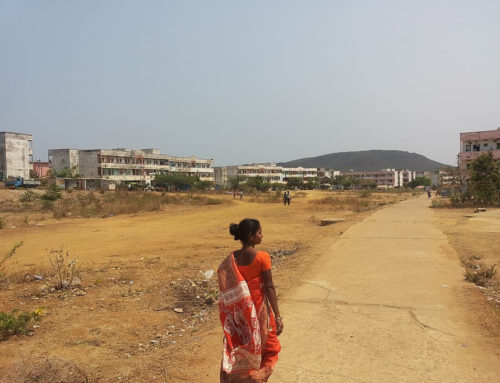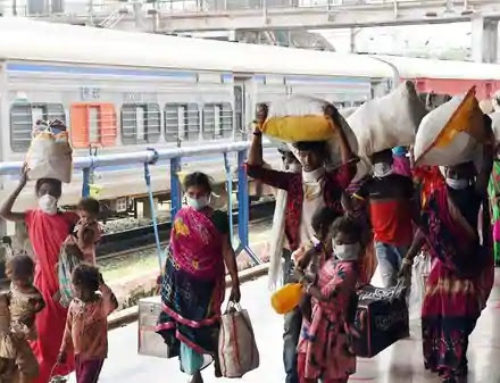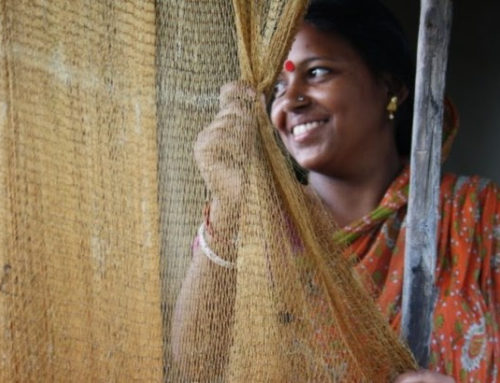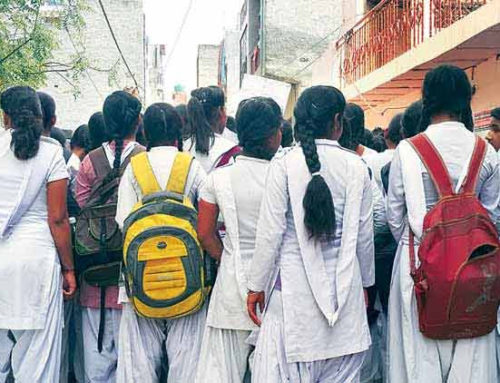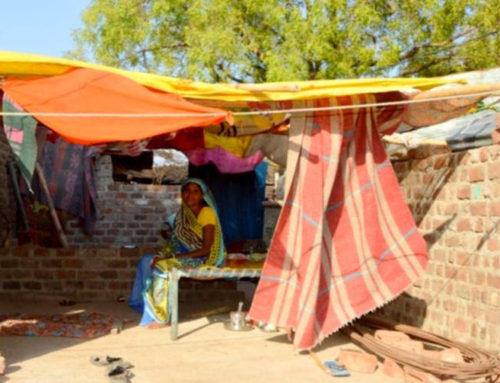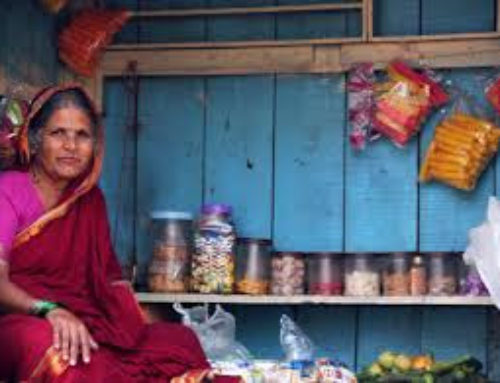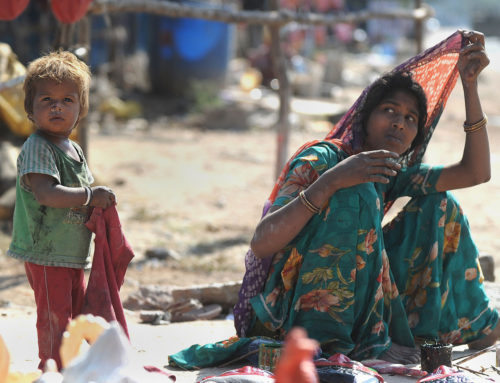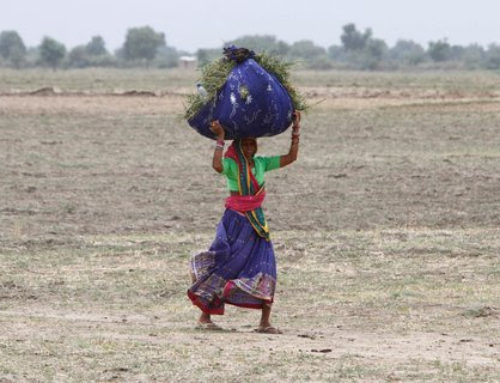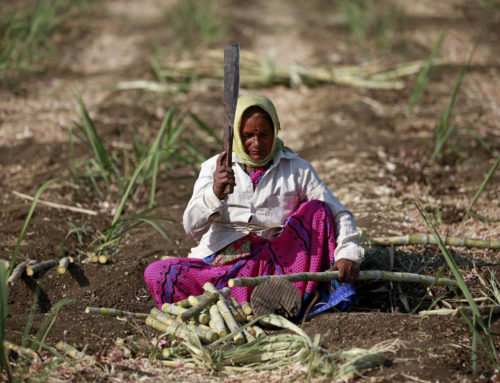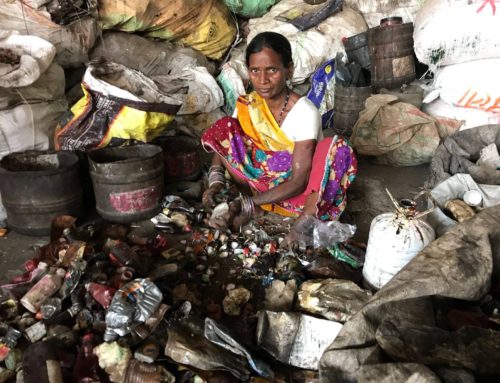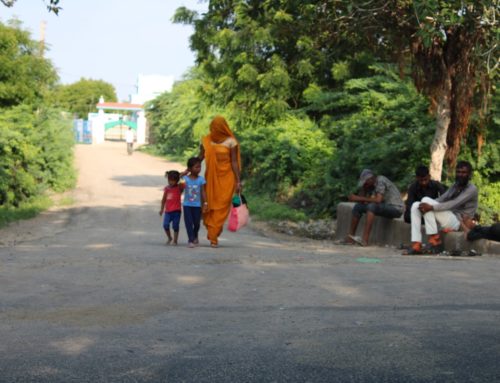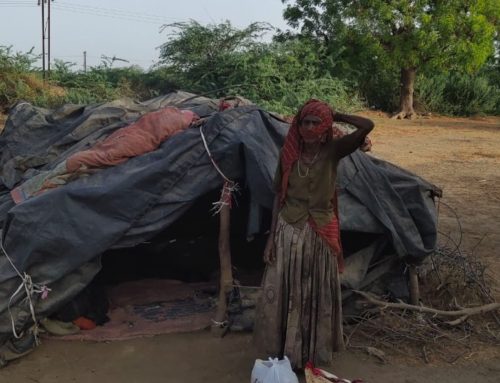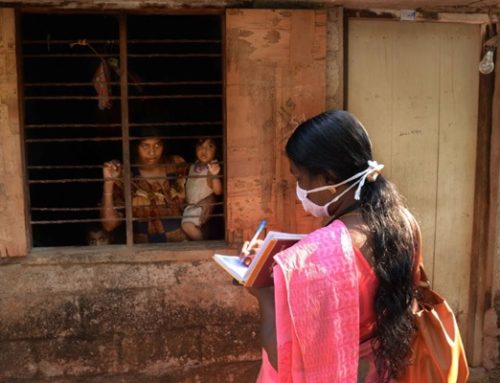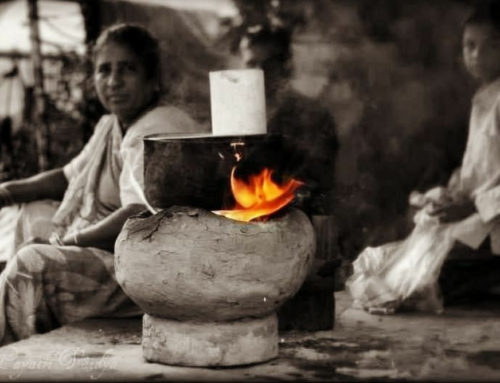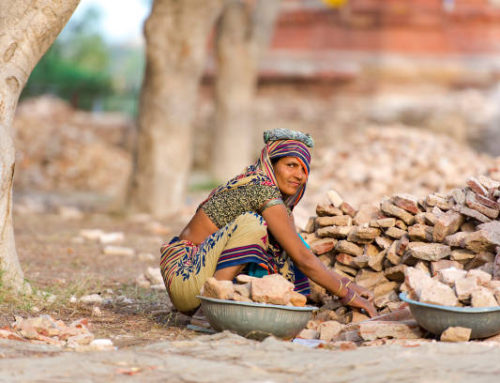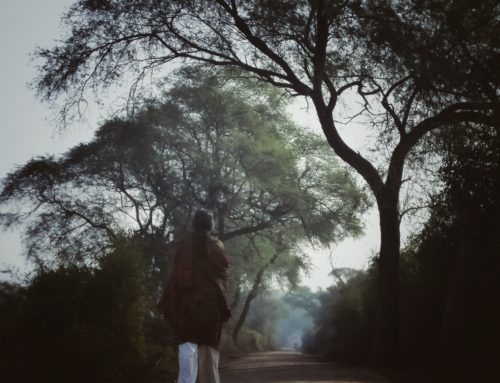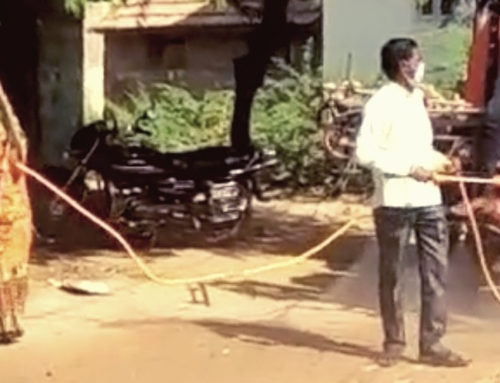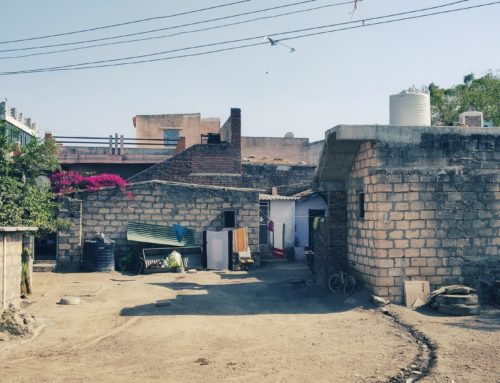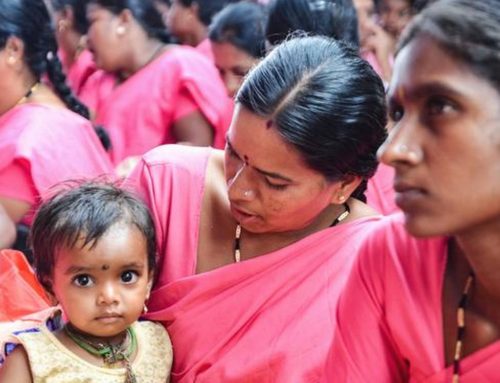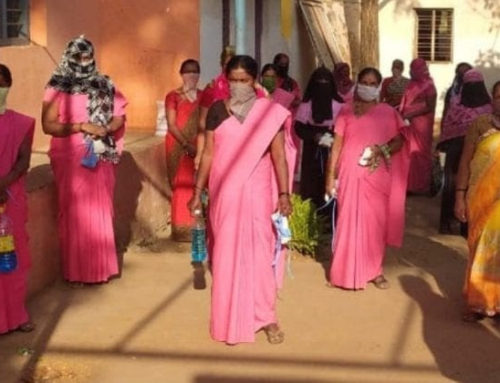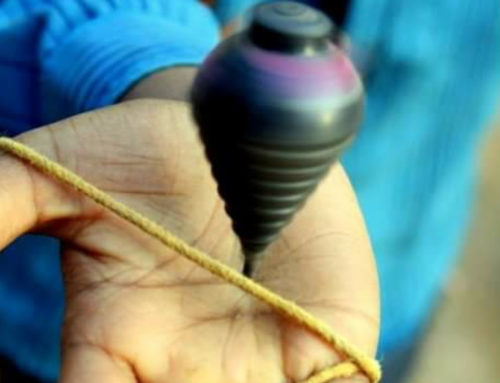When faced with mammoth issues, it’s not always easy to zoom in and examine the situation at a macro level. While we practice distancing to fight this pandemic, stories are the perfect way to stay connected – to each other and to our communities. With the intention of humanizing the collective struggle we find ourselves in, we are starting a series – CoVid 19 #FIELDSTORIES – of stories of individuals to give the pandemic a face – or many faces as it affects each one of us. With a hope for change, this series is an attempt to find the faces of the people behind all the statistics that flood our minds right now – we aim to initiate dialogue, stay connected, confront our blind spots and bring a newer dimension to the ongoing discourse in order to strengthen our efforts to fight this together.
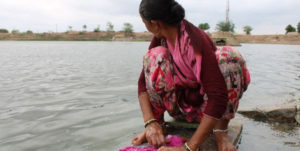
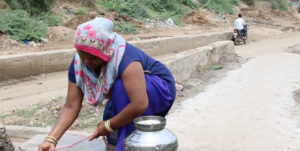
There has been a continued discourse on the current situation created by COVID19 having a disproportionately higher impact on women, putting them in a weaker position.
While everyone remains vulnerable, women have become far more vulnerable vis a vis health/food and nutrition security, increased domestic violence, indebtedness and their overall sustenance in the long run. In the absence of targeted relief in this situation, the position of women is likely to drop even further and mitigate the progress we, as a society, have made over the years.
Applying a gender lens to the situation will ensure that the position of women, on the other side of this crisis, is not jeopardized and we look at the current issue in a holistic, well-rounded manner. We now want the government to put in place measures and support systems so that the suffering and the disproportionate risks faced by women are minimized.
Some of the areas of distress which exacerbate women’s vulnerabilities are:
Reproductive health services and commodities: These are often overlooked in times of crisis. Yet women continue to require contraceptives, menstrual health supplies, and maternal health care.
Women and children are more prone to facing violence during crisis and lockdown: Evidence from previous disease outbreaks reveals that women and girls are specifically vulnerable to increased risk of domestic abuse and other forms of gender-based violence. Today, as families face heightened tensions, financial uncertainties, and other pressures, women and girls face intensified vulnerabilities.
Women’s continued participation in paid work: The Corona crisis is becoming a full-blown economic recession in which women will be further pushed out of the labor force, making the already declining female labor force participation even lower. There is a need to be aware and mindful of how we kill the virus, without making women’s equality collateral damage.
Household and care responsibility: Women carry the exclusive responsibility of household chores and care of the elderly and disabled. In recognition of gendered roles and needs of wome, there is a need to
– Plan for regular water supply for bathing and cooking to every village.
– Support panchayats and local groups for organizing their water supply, since we know there is a huge problem for water supply in many of the villages.
– Ensure delivery of LPG gas cylinders to villages, as currently, people fetch these on their personal vehicles.
Food supply: Women are in charge of providing for the family’s food needs. Related solutions to mitigate this could be:
– A wider safety net approach towards the inclusion of women/families who do not have ration cards in disbursement of ration.
– Supervise the operations in PDS through local women leaders
Women with disabilities, single women, elderly and infirm and their caregivers require attention and reaching out to.
Women in the health care sector face a heightened risk of exposure to COVID-19 due to their large representation among health-care and social service.
We will bring a story to you every Tuesday and Friday. Our series of stories from the field aims to make these problems more relatable by giving them a face and a name.
Let’s Collaborate!
We would love to hear from you if you have any anecdotes, stories from your experiences and efforts during this time. Do share your stories with us. Let us all join forces to bring visibility to each person affected by CoVid 19 and make it a collective struggle.
We would be pleased to hear ideas on how we can expand this effort and are very open to collaborate in any way, form or fashion. Do write in to us with your suggestions, reviews and ideas.
Please note that these stories are open source. We will be happy if you would like to take these forward and use them in some format, but we request you to give proper source credit to SWATI. Thank you.
Write to us with your contributions, ideas and suggestions at swatiorg.gujarat@gmail.com


